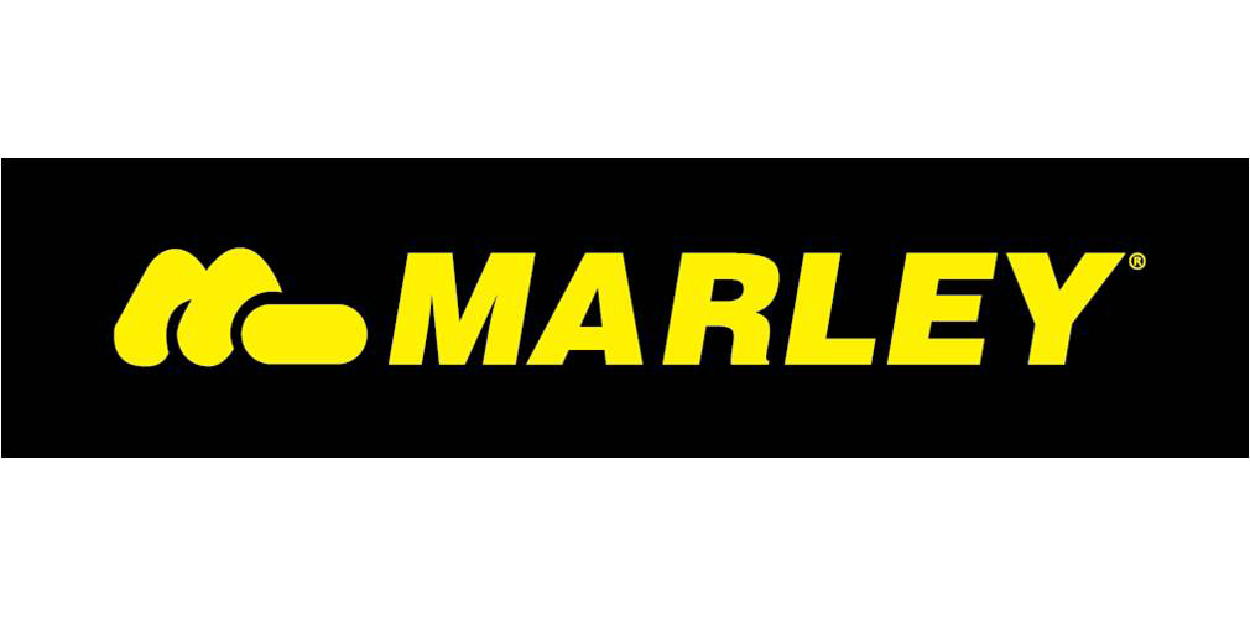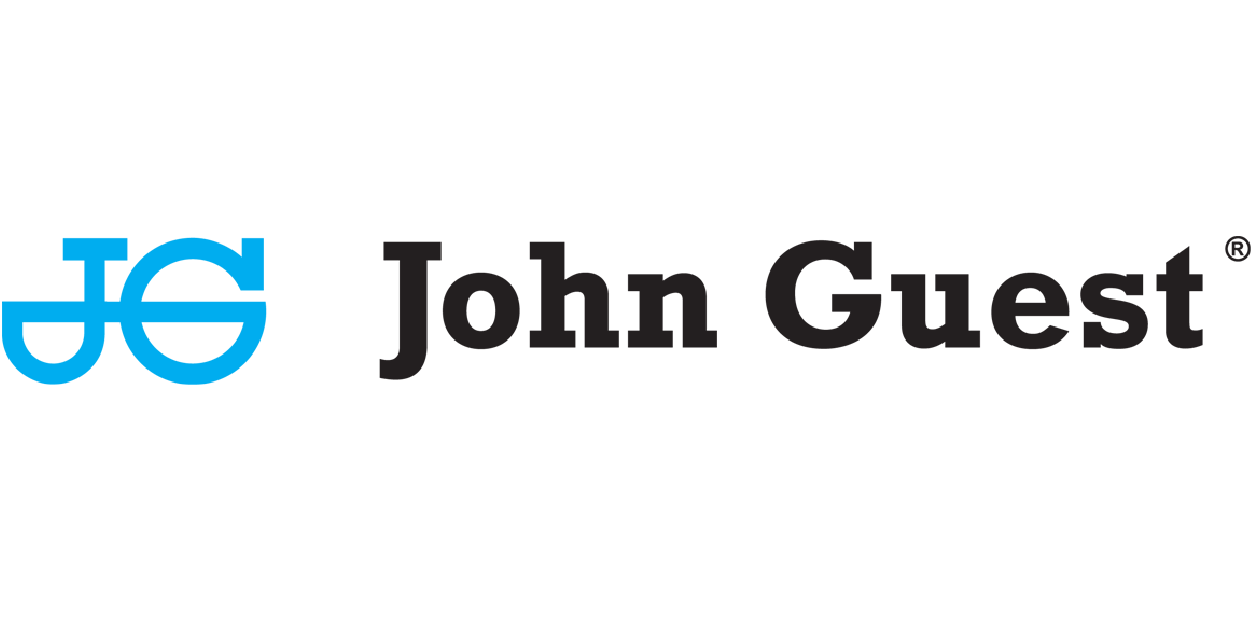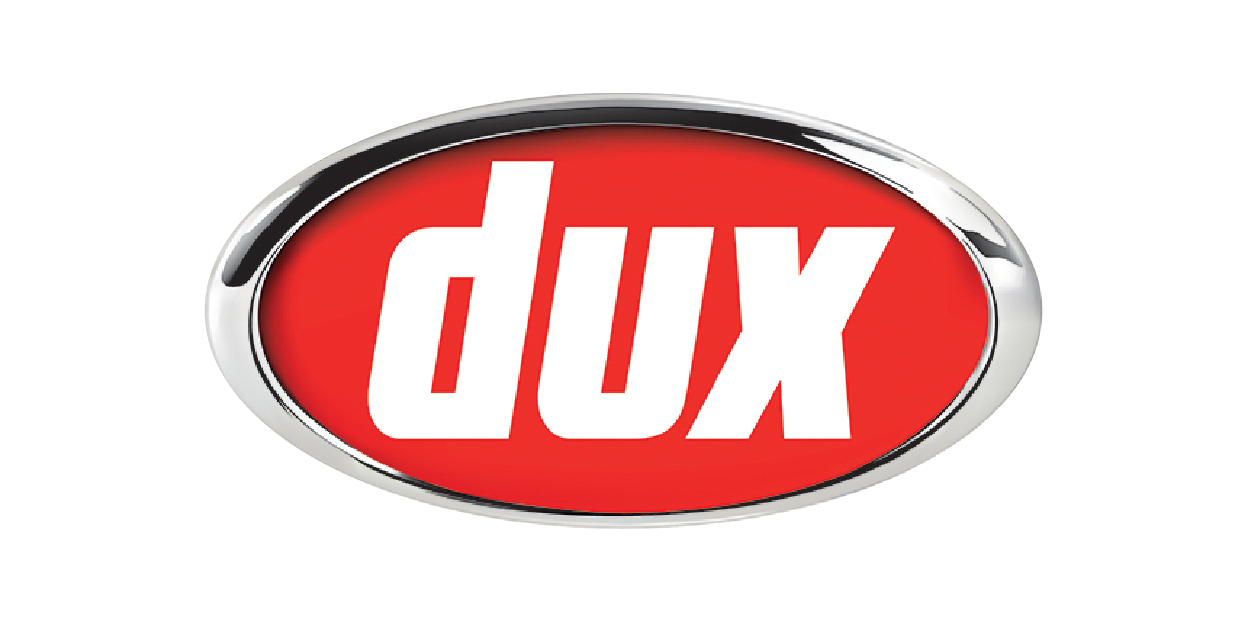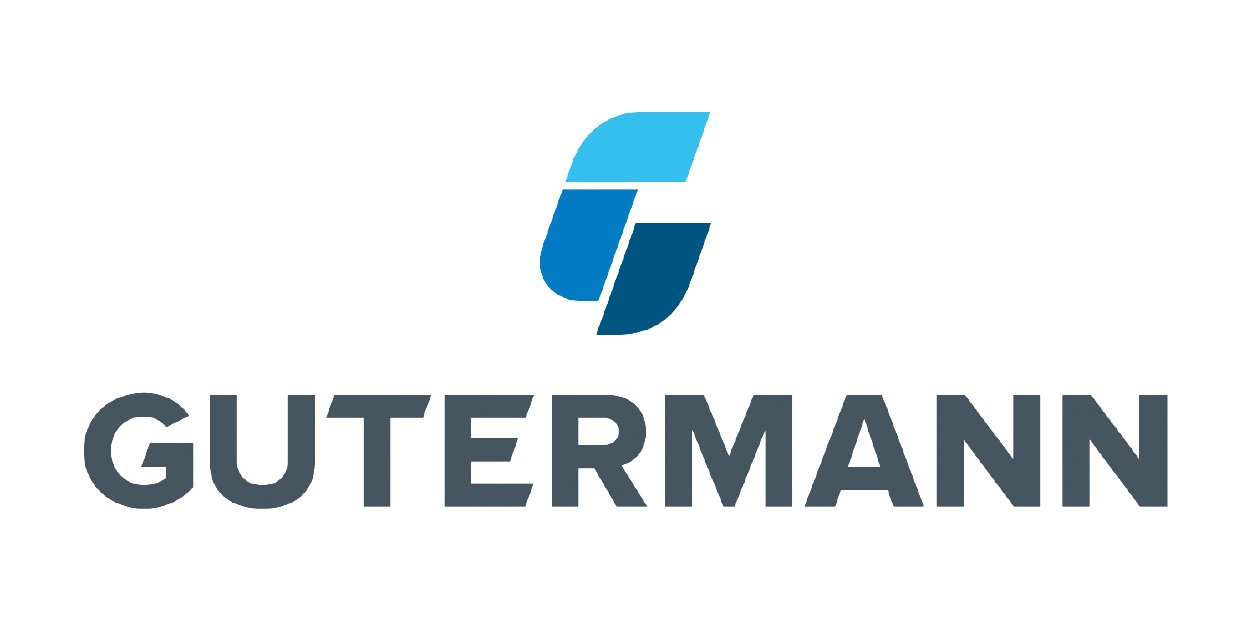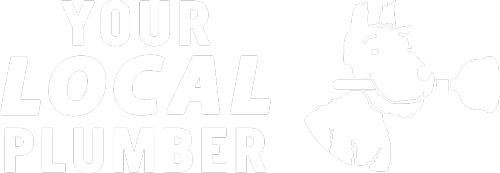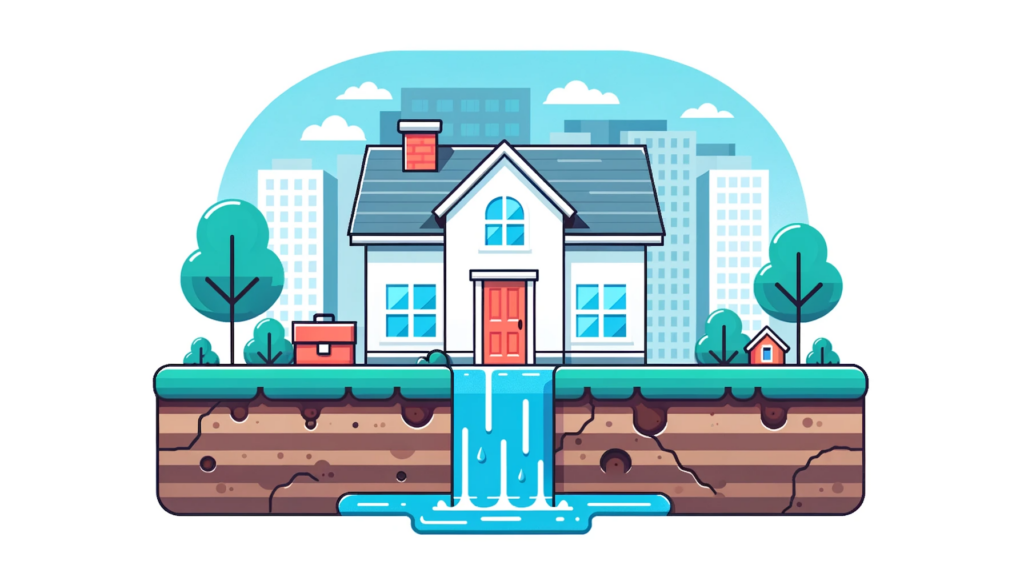
Call Today 09 973 4973 or
The Importance of Retrofitting and Upgrading
Retrofitting involves modifying existing gas systems to improve their efficiency and safety, often by incorporating new technology or replacing outdated components. Upgrading, on the other hand, may involve more extensive changes, such as replacing an entire system to ensure it meets current standards. These processes are essential for:
- Enhancing Safety: Newer gas systems incorporate advanced safety features that can significantly reduce the risk of leaks, fires, and carbon monoxide poisoning.
- Improving Efficiency: Modern gas appliances and systems are designed to use fuel more efficiently, reducing energy costs and lowering environmental impact.
- Ensuring Compliance: New Zealand’s gas safety regulations evolve over time. Retrofitting and upgrading ensure compliance with the latest standards, avoiding potential legal and insurance issues.
Key Considerations for Retrofitting and Upgrading
- Assessment: The first step in any retrofitting or upgrading project is a thorough assessment of the existing gas system. This should be conducted by a licensed gas fitter who can identify potential issues and recommend the most effective upgrades.
- Choosing the Right Technology: From high-efficiency gas boilers to advanced gas cooktops, selecting the right technology is crucial. Consider factors such as energy efficiency ratings, compatibility with existing systems, and long-term cost savings.
- Regulatory Compliance: All retrofitting and upgrading work must comply with the Gas (Safety and Measurement) Regulations 2010 and relevant New Zealand standards. This includes obtaining any necessary permits and ensuring that all work is carried out by a licensed professional.
- Budgeting: While retrofitting and upgrading can require significant upfront investment, it’s important to consider the long-term savings in energy costs and the potential increase in property value.
Implementing Retrofitting and Upgrading Projects
Successful retrofitting and upgrading projects require careful planning and execution:
- Professional Installation: Ensure that all work is performed by licensed gasfitters with experience in retrofitting and upgrading projects. They can provide valuable advice on the most cost-effective and efficient solutions.
- Quality Materials: Use high-quality materials and appliances that offer durability and reliability. This can prevent future issues and ensure that the system remains compliant with regulations.
- Ongoing Maintenance: After retrofitting or upgrading, establish a regular maintenance schedule to keep the system in optimal condition. Regular checks can identify and address any issues before they become serious problems.
Retrofitting and upgrading gas systems in New Zealand offer a pathway to safer, more efficient, and environmentally friendly gas usage. By taking a proactive approach to these projects, property owners can enjoy the benefits of modern gas technology while ensuring compliance with current regulations and standards.
Strategic Planning for Retrofitting and Upgrading
- Energy Audit: Before undertaking any retrofitting or upgrading project, consider conducting an energy audit of your property. This can help identify the most energy-intensive areas and appliances, allowing for targeted improvements that can yield the highest efficiency gains.
- Prioritisation: Based on the energy audit, prioritise upgrades that offer the best return on investment. For instance, replacing an old, inefficient gas boiler with a high-efficiency model could significantly reduce energy costs and carbon emissions.
- Technology Research: Stay informed about the latest advancements in gas technology. New innovations, such as condensing gas boilers and smart thermostats, can offer superior efficiency and control compared to older models.
Long-term Benefits of Upgrading Gas Systems
- Cost Savings: Although the initial investment in retrofitting or upgrading gas systems can be substantial, the long-term savings on energy bills can be significant. More efficient systems use less gas to achieve the same level of heating or cooking, reducing monthly expenses.
- Environmental Impact: By upgrading to more efficient gas systems, you’re contributing to the reduction of greenhouse gas emissions. This aligns with New Zealand’s environmental goals and can enhance the sustainability profile of your property.
- Safety Improvements: Modern gas appliances and systems come with improved safety features, such as automatic shut-off valves and better ventilation, reducing the risk of gas leaks and carbon monoxide poisoning.
- Increased Property Value: Properties with modern, efficient, and safe gas systems are more attractive to buyers and renters. This can increase the property’s value and marketability.
Navigating Regulatory Compliance and Incentives
- Compliance: Ensure that any retrofitting or upgrading project complies with the latest New Zealand Building Code requirements and Gas (Safety and Measurement) Regulations. This not only ensures safety but also protects against potential fines and legal issues.
- Incentives and Rebates: Explore any available incentives, rebates, or grants for upgrading to energy-efficient gas systems. The New Zealand government and some local councils offer financial assistance for certain energy-saving upgrades, which can help offset the initial costs.
Suppliers
